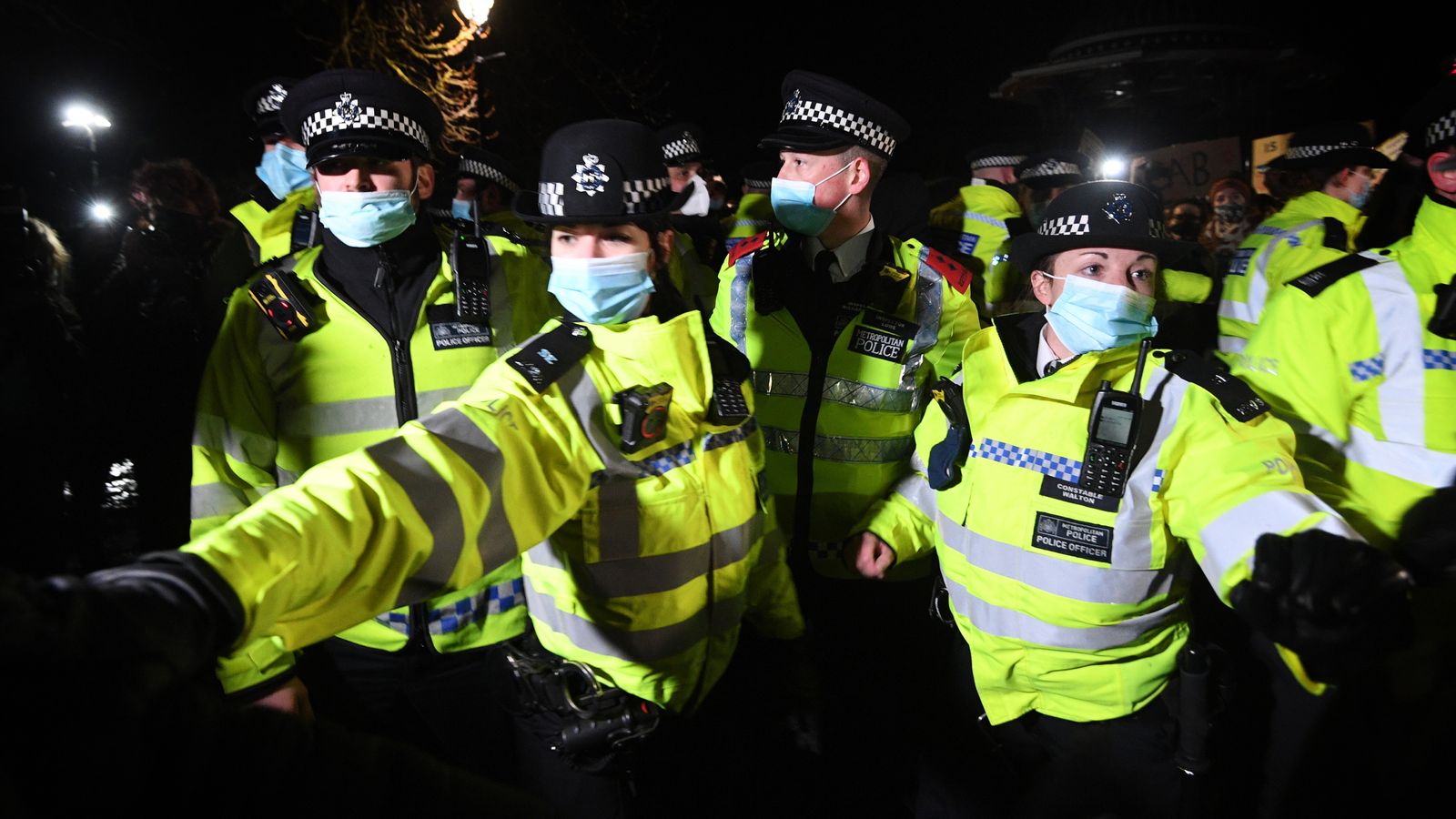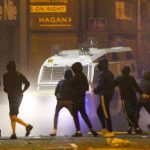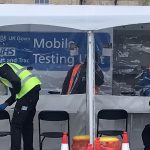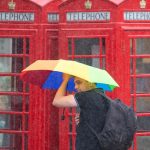Scotland Yard’s deputy commissioner has refused to apologise over the way in which officers policed the Sarah Everard vigil on Clapham Common, which ended in scenes of disorder last Saturday.
Sir Stephen House said those officers “thought they were doing the right thing” to protect the health of the public during a pandemic.
He made the remarks while answering questions before the London Assembly’s Police and Crime Committee.
The original planned vigil, near the spot where Ms Everard was last seen on 3 March, was cancelled after organisers were unable to reach agreement with the Met to hold an event which would still comply with COVID-19 regulations.
Around 500 people still turned up on Clapham Common for an event police said quickly turned into a protest.
Committee chair, Unmesh Desai, said he had been “contacted by many women” in the days since, “expressing their outrage” at what they claimed was heavy-handed policing.
He asked the deputy commissioner if there was “any contrition” from the Met for what happened.
Sir Stephen replied: “The officers acted as they did at the time, because they thought they were doing the right thing.”
He said he understood that their actions had upset people.
“We see the evidence of that on a daily basis and we don’t underestimate the upset that has been caused,” he said.
“But the officers took the actions believing they were doing the right thing to protect people’s health and were following legislation put in place by parliament in the middle of a health crisis and that health crisis has not yet gone away.”
When pushed for an apology, he said: “I can’t apologise for my officers.
“I’m sorry, of course, that people are so upset at seeing officers enforcing legislation, but the officers were doing their duty as they saw it and I will not second guess that at this moment in time.”
Please use Chrome browser for a more accessible video player
Sir Stephen said that throughout the day last Saturday, small groups of people arrived to observe a vigil which was “almost exclusively COVID compliant”.
“However, around about 6 o’clock that night, my officers tell me there was a significant change in the dynamic – people began to gather around the bandstand and some people began to make speeches,” he said.
“Inevitably when that happened the crowd compacted and compressed to hear what was being said and it became a much more difficult situation for us to reconcile with COVID legislation.
“We believe that when the crowd density increased, COVID regulations were no longer being followed.”
Please use Chrome browser for a more accessible video player
The deputy commissioner said the officers on the ground spent an hour walking through the crowd, explaining the COVID regulations and pleading with people to go home.
But he told the committee the crowd became more angry, and that experienced, public order trained officers told him later that the atmosphere had been very hostile.
The original plan, assembly members were told, was for officers to begin issuing fixed penalty notices.
But Sir Stephen said that was impossible, as those present refused to give officers their details, leaving them with no choice but to start detaining people.
Please use Chrome browser for a more accessible video player
“The officers decided to proceed and make arrests for failing to give the information and also in one case a public order offence,” he said.
“I’m not going to second guess the actions of officers on the ground, at the bandstand or those in command of the operation.”
The home secretary has asked Her Majesty’s Inspector of Constabulary to carry out an independent review into the way in which the event was policed.
The results of that review are expected to be made public in the next few weeks.






















